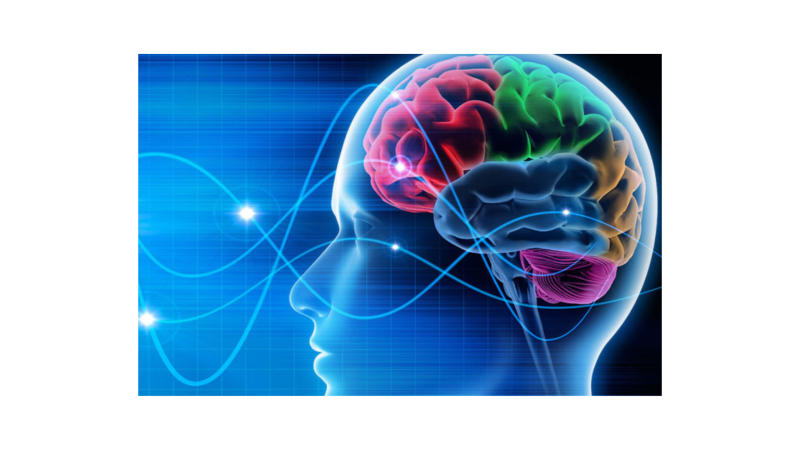

Mindful practices are increasingly recognized as powerful tools for reducing stress and anxiety. These techniques, rooted in ancient traditions, offer accessible strategies for managing the pressures of modern life. Mindfulness involves paying attention to the present moment without judgment. By focusing on the here and now, we can quiet the incessant chatter of the mind, reducing the grip of stress and anxiety. Many individuals struggle with persistent stress and anxiety, impacting their daily lives and overall well-being. These challenges stem from various factors, including demanding work schedules, relationship issues, and personal pressures. This article will explore specific mindful practices, highlighting practical applications and providing actionable steps for stress and anxiety management. We’ll delve into various mindful practices, including meditation, deep breathing, and body scans, exploring their potential to reduce stress and improve overall mental health. The structure will encompass practical guidance and real-world examples.
The Power of Present Moment Awareness
Understanding Mindfulness
Mindfulness, at its core, involves paying attention to the present moment without judgment. It’s about observing your thoughts, feelings, and sensations as they arise without getting carried away by them. This non-judgmental observation allows you to detach from the often-overwhelming cycle of worry and fear, which are typically fueled by rumination about the past or anxieties about the future. Studies have shown that regular mindfulness practice can significantly decrease stress levels. By cultivating present-moment awareness, you create space between your thoughts and your reactions, granting you greater control over your emotional responses. Imagine a turbulent river; mindfulness is like a calm, still pond—you can observe the current without being swept away by it.
Meditation for Stress Relief
Techniques and benefits
Meditation is a cornerstone of many mindful practices. It involves focusing on a specific object, like your breath, a mantra, or a visualization. Regular meditation can quiet the mental chatter, allowing you to observe your thoughts and emotions without getting swept away by them. Various meditation techniques exist, each with its unique benefits. Mindful walking meditation, for instance, combines movement and awareness, making it a great way to engage your senses and stay grounded in the present moment. Another effective practice is body scan meditation, which involves bringing awareness to varied parts of the body, fostering a deeper connection with your physical sensations.
Deep Breathing for Stress Management
Harnessing the Power of Breath
Deep breathing exercises are fundamental to mindfulness, as they directly impact the body’s stress response. By consciously slowing and deepening your breath, you activate the parasympathetic nervous system, which helps calm the body and mind. This system is responsible for the “rest and digest” response, promoting relaxation and reducing stress hormones. Incorporating simple deep breathing techniques into your daily routine can significantly lower stress levels. Try box breathing, inhaling and exhaling slowly and evenly, or alternate nostril breathing for stress relief.
Cultivating Self-Compassion
The Importance of Inner Kindness
Self-compassion is a crucial element of managing stress and anxiety. It’s about treating yourself with the same kindness and understanding you would offer a friend going through a challenging time. Practicing self-compassion involves recognizing that making mistakes is part of being human and accepting your imperfections without judgment. When confronted with stress or anxiety, cultivating self-compassion allows you to respond with empathy and support, rather than self-criticism and harsh judgment.
Related Post : Simple Strategies Boosting Immune System Naturally
Mindfulness in Daily Activities
Integrating Mindfulness into Your Life
Incorporating mindfulness into your daily activities is another powerful way to manage stress and anxiety. This involves bringing present-moment awareness to activities like eating, washing dishes, or walking. You can consciously pay attention to the textures, smells, and tastes of your food, appreciating each bite without rushing or dwelling on other thoughts. This conscious engagement with everyday activities can cultivate a sense of presence and appreciation, thereby mitigating the tendency to ruminate on stressors or anxieties. This conscious focus on the task at hand allows you to connect with the simple moments of your daily routine.
Mindful practices offer a powerful toolkit for managing stress and anxiety. By incorporating these techniques into your daily routine, you can cultivate inner peace, resilience, and overall well-being. Remember to start small, be patient with yourself, and celebrate your progress along the way. Consider exploring guided meditations, journaling, or attending workshops to deepen your understanding and practice. Ultimately, committing to mindful practices is an investment in your mental health that yields profound benefits.